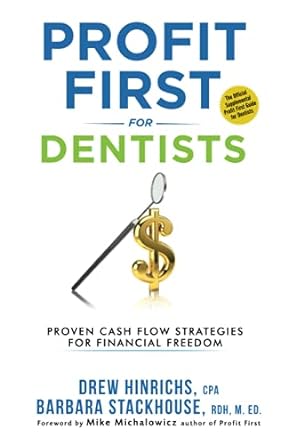Question
2. The standard cost of Product B manufactured by MIT Company includes 3.20 units of direct materials at $6.30 per unit. During June, 26,700 units
2. The standard cost of Product B manufactured by MIT Company includes 3.20 units of direct materials at $6.30 per unit. During June, 26,700 units of direct materials are purchased at a cost of $6.06 per unit, and 26,700 units of direct materials are used to produce 8,300 units of Product B.
a. Compute the total materials variance and the price and quantity variances.
Total materials variance $
Materials price variance $
Materials quantity variance
b. Compute the total materials variance and the price and quantity variances, assuming the purchase price is $6.37 and the quantity purchased and used is 26,700 units
Total materials variance $
Materials price variance $
Materials quantity variance
3. The information shown below was taken from the annual manufacturing overhead cost budget of Samantha Company.
| Variable manufacturing overhead costs | $28,140 | |
| Fixed manufacturing overhead costs | $13,132 | |
| Normal production level in labor hours | 9,380 | |
| Normal production level in units | 4,690 | |
| Standard labor hours per unit | 2 |
During the year, 4,500 units were produced, 17,500 hours were worked, and the actual manufacturing overhead was $41,700. Actual fixed manufacturing overhead costs equaled budgeted fixed manufacturing overhead costs. Overhead is applied on the basis of direct labor hours.
a. Compute the total, fixed, and variable predetermined manufacturing overhead rates. (Round answers to 2 decimal places, e.g. 1.25.)
Variable overhead
Fixed overhead
Total overhead
b. Compute the total, controllable, and volume overhead variances.
Total overhead variance $
Overhead controllable variance $
Overhead volume variance
4.
Henkel Company is considering three long-term capital investment proposals. Each investment has a useful life of 5 years. Relevant data on each project are as follows.
| Project Kilo | Project Lima | Project Oscar | ||||||
| Capital investment | $159,650 | $169,950 | $210,600 | |||||
| Annual net income: | ||||||||
| Year | 1 | 13,390 | 18,025 | 28,325 | ||||
| 2 | 13,390 | 16,995 | 23,175 | |||||
| 3 | 13,390 | 15,965 | 22,145 | |||||
| 4 | 13,390 | 11,845 | 13,905 | |||||
| 5 | 13,390 | 8,755 | 12,875 | |||||
| Total | $66,950 | $71,585 | $100,425 | |||||
Depreciation is computed by the straight-line method with no salvage value. The companys cost of capital is 15%. (Assume that cash flows occur evenly throughout the year.) (use factor table)
a.
Compute the cash payback period for each project. (Round answers to 2 decimal places, e.g. 10.50.)
Project Kilo years
Project Lima years
Project Oscar years
b. Compute the net present value for each project. (Round answers to 0 decimal places, e.g. 125. If the net present value is negative, use either a negative sign preceding the number eg -45 or parentheses eg (45).) Net present value
c. Compute the annual rate of return for each project. (Hint: Use average annual net income in your computation.) (Round answers to 2 decimal places, e.g. 10.50.)
Annual rate of return
Step by Step Solution
There are 3 Steps involved in it
Step: 1

Get Instant Access to Expert-Tailored Solutions
See step-by-step solutions with expert insights and AI powered tools for academic success
Step: 2

Step: 3

Ace Your Homework with AI
Get the answers you need in no time with our AI-driven, step-by-step assistance
Get Started


